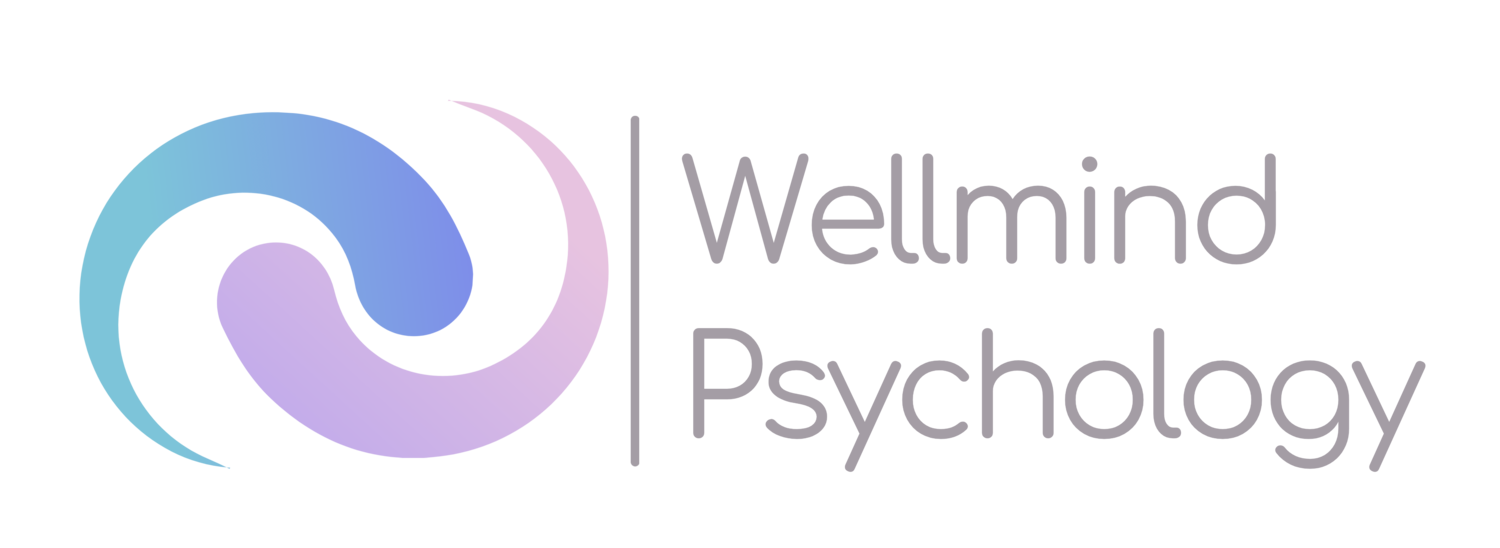Treatments
Schema Therapy
Schema therapy is form of psychotherapy that evolved out of standard cognitive-behavioural practice. It was developed by psychologist Jeffrey Young and his colleagues to address some of the limitations of traditional CBT for certain individuals and to help access entrenched and distorted thinking patterns (early maladaptive schemas). Young states that early maladaptive schemas originate due to our unmet needs from childhood.
Schema therapy can be beneficial for anyone looking to gain a deeper understanding of themselves. It has a particularly good evidence base for people who have experienced difficult early life events, those with long-term issues that have not responded to traditional CBT and people with personality disorders such as borderline PD (see separate article about BPD on this website).
Schema therapy involves cognitive work, experiential exercises (such as imagery rescripting and chair work) and behavioural exercises to heal early maladaptive schemas. It also involves working with the different "parts" of oneself and identifying healthy adult responses to situations and emotions.
Reference:Young, J.E., Klosko, J.S., and Weishar, M.E. (2003). Schema therapy, a practitioner's guide. New York: New York: Guildford Press.
Cognitive Behavioual Therapy
The effectiveness of Cognitive Behavioural Therapy (CBT) is well researched and it is often used in combination with other treatment techniques in a formal or informal way. Informal CBT may not use homework. Formal CBT therapy includes ‘homework’ techniques where a person records unhelpful thoughts and behaviours as well as more constructive ways of thinking and behaving.
CBT can be beneficial for most psychological conditions. Faulty thinking styles include catastrophising, negative self-talk that maintains low self-esteem, and thoughts which fuel feelings of anger. This treatment approach aims to change a person’s thinking style and behavioural patterns which contribute to their psychological distress.
Dialectical Behaviour Therapy
Dialectical Behaviour Therapy (DBT) is a therapy that integrates both acceptance and change concepts to assist people to manage life more skillfully. It focuses on assisting clients with four key areas: distress tolerance, mindfulness skills, emotion regulation and interpersonal skills. Originally developed by Dr Marsha Linehan as a therapy to help people with Borderline Personality Disorder, however it is now more widely used to help people with everything from anxiety to eating disorders. DBT skills are generally taught in a group environment and we do not offer these groups at this service. If you have attended a DBT program somewhere or you are planning to attend one and would like an individual DBT therapist, please call Virginia on 0476 674 094 or e-mail virginia.pulker@gmail.com.
Acceptance and Commitment Therapy
Acceptance and Commitment Therapy or ACT (pronounced “act”) is an evidence-based mindfulness focussed therapy that assists people to respond differently to distressing thoughts and feelings and work towards living the life they want. Unlike traditional cognitive-behavioural therapies where people are encouraged to challenge unhelpful thinking styles, ACT focuses on simply viewing thoughts mindfully and learning to view them as mental events rather than facts that we need to engage with.
Within ACT we recognise that all humans struggle with uncomfortable thoughts and feelings and in fact the belief that we “shouldn’t” have these experiences is, in part, what exacerbates the struggle. The ACT approach involves educating people about the “normal” but often unhelpful nature of the human mind and then learning ways to respond to it more skilfully and flexibly. Through mindfulness exercises people are taught to access their “observing self”: the part of us that can consciously and non-judgementally observe all of our experiences. By stepping out of the struggle with thoughts and feelings we potentially have more room to engage meaningfully with our lives and relationships.
Also central to ACT is helping people to clarify their values and hopes for life and take steps towards living in a way that is congruent with these
Gestalt Therapy
Gestalt therapy is an existential/experiential form of psychotherapy that emphasises personal responsibility, and that focuses upon the individuals experience in the present moment, the therapist-client relationship, the environmental and social contexts of an individuals life, and the self-regulating adjustments individuals make as a result of their overall situation. It is a method of therapy that aims to develop individual awareness of their perceptions, feelings and actions in an attempt to interpret, explain, and conceptualise their experiences.
Eye Movement Desensitisation and Reprocessing (EMDR)
Eye Movement Desensitisation and Reprocessing (EMDR) is a powerful psychological treatment that has been used effectively for over 20 years in a variety of international settings and cultures with many different types of psychological distress. Scientific research has established EMDR as effective for post traumatic stress disorder (PTSD). Clinicians have also successfully used EMDR as a treatment component in the management of
Anxiety
Depression
Panic attacks
Personality disorders
Trauma disorders (PTSD)
Dissociative disorders
Pain disorders
Phobias
Body dysmorphic disorders
Disturbing memories
Addictions
Eating disorders
Often disturbing events happen in our lives that stay with us. The brain cannot process information as it ordinarily does. One moment can become ‘frozen in time’ and remembering the trauma may feel as bad as going through it for the first time. This is because the images, sounds, smells and feelings still seem to be there – they haven’t changed. Such memories have a lasting negative effect that interferes with the way a person sees the world and the way that they relate to other people.
EMDR has a positive effect on how the brain processes information. Following an EMDR session, the person no longer relives the trauma. They still recall that an incident happened, but it no longer feels upsetting.
Your EMDR practitioner will be able to discuss your specific case in more detail and answer any further questions you may have about EMDR. If you would like to read further about EMDR please visit the following websites:
www.emdria.org www.emdr.com www.emdraa.org
References: www.emdraa.org/what-is-emdr/
For queries about any of these treatments or to discuss individual treatment options, please contact us.
